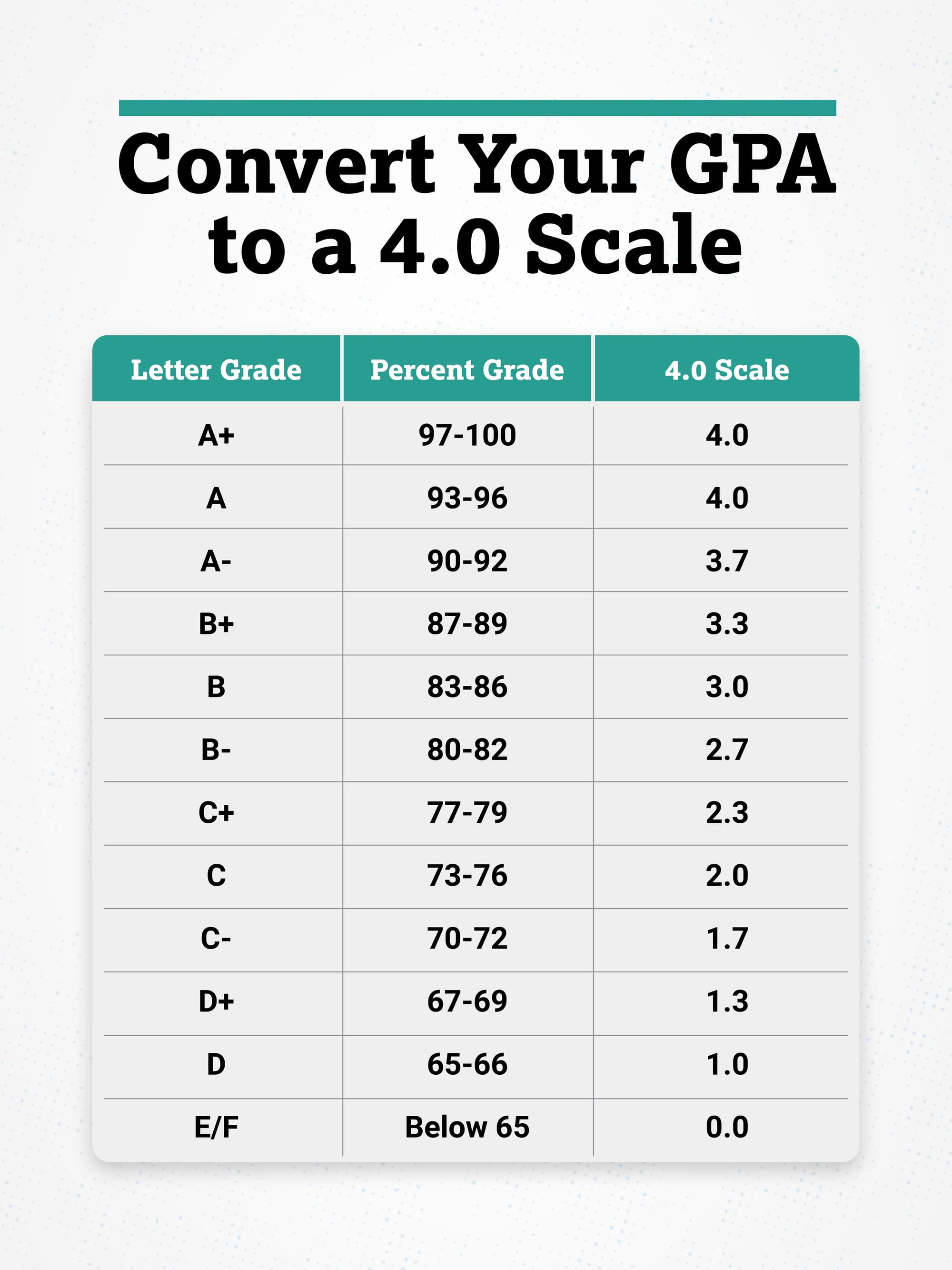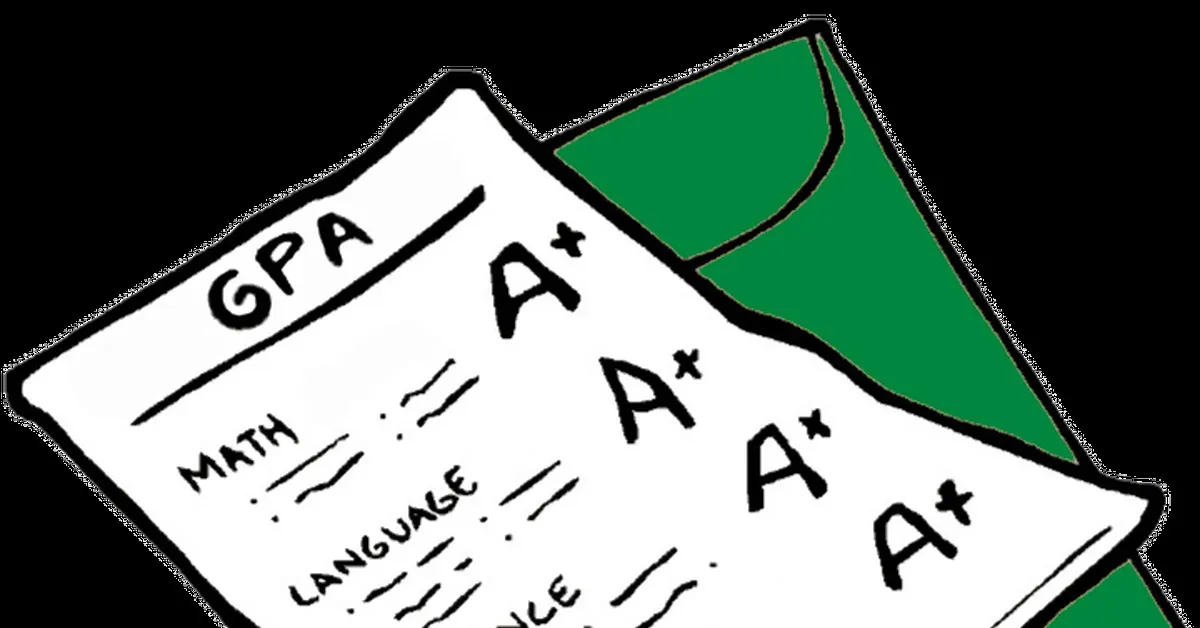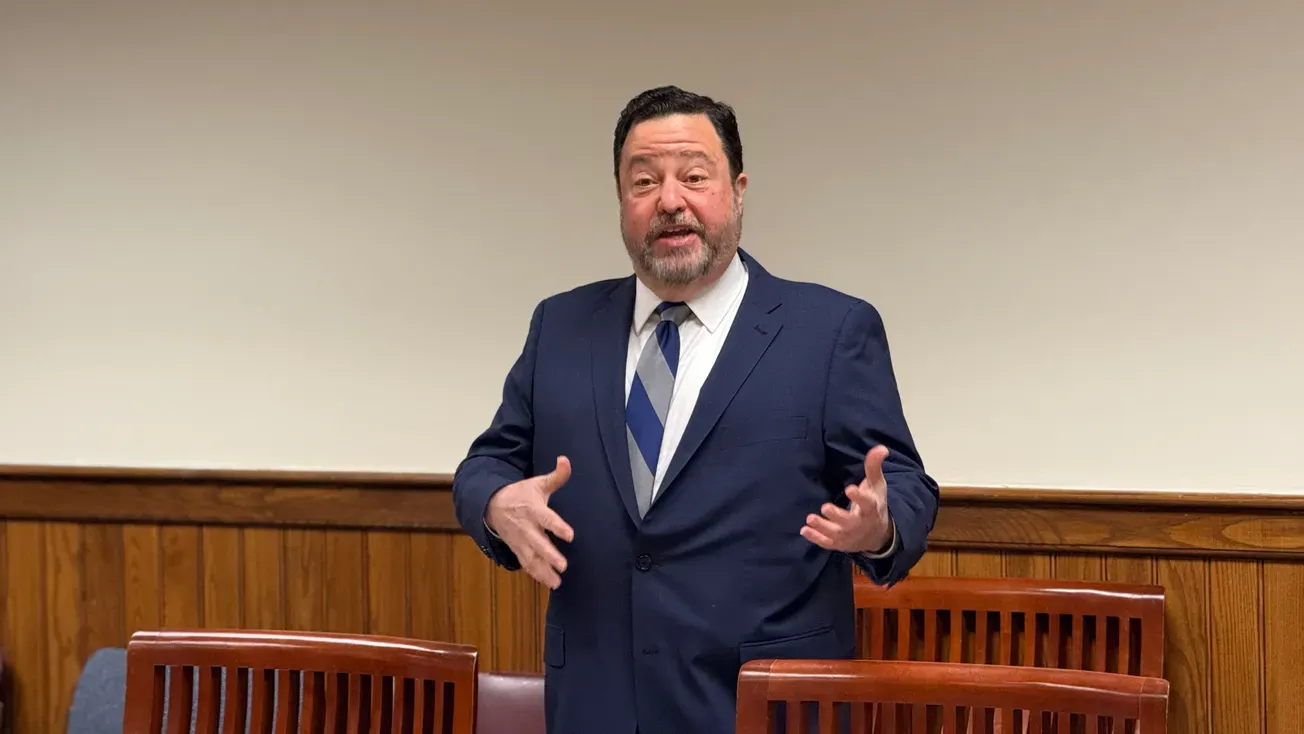Table of Contents
Should a 3.7 equal an “A” when it comes to grading school work for college prep classes or should it be a 4.0? That question is what’s driving a GPA study committee tasked with looking at Winchester High School’s grade point average scale.
Turns out the answer is not so simple.
WHS Dean of Students Anna Paradis broke it down for parents during an hour-long webinar where she explained WHS’s GPA history, as she knows it – and where the committee is headed.
“This scale actually predates me,” she told the more than 200 people on the Zoom presentation. “So when I was a student at Winchester High School, this was the scale that my GPA was calculated on, and it has been around for over 40 years.”
Winchester’s GPA scale is different from other like-districts, Paradis noted. It is even different from how traditional GPA scales tend to work, she said. That realization led Paradis to form a committee of three students, three staffers, one central office administrator and herself.
“The original driving question was simply the question: should an A in a CP class be assigned a 4.0 on the WHS GPA scale?” she said.

But what makes it tricky is the fact that the high school’s GPA is weighted on two different scales, a CP scale and an AP honor scale. A weighted GPA generally assigns a higher value to more difficult or challenging classes.
That means an A+ for an AP honors class is a 4.5, whereas a 4.0 will get you an A+ in a CP class, said Paradis, adding, “we only publish weighted GPAs.”
Paradis compared Winchester’s weighted scores to “competitive like districts” and a few other communities thrown in based on their rigor and rankings.
Paradis said they would be posting the entire presentation with links to the school data for interested parents, but the gist of the survey is no two schools are alike. There is no universal grading system, she said.
However, Paradis said the majority of Bay State high schools assign a 4.0 to an A in a CP class. And of the 16 towns they looked at, Winchester, Acton, Boxborough and Westford were the outliers in that category, assigning a slightly lower grade point.
She said it was also important to note that while colleges are also all different, the vast majority do use the traditional GPA scale, which is where a 4.0 equals an A and an A+ is not awarded at all.
“This is one moment in which I would really love the Department of Education to step in and set a standardized scale for the entire state, and so that everyone would be comparing apples to apples across the board,” she said. “But that’s not the case, and so now we need to look at what makes sense for Winchester High School itself.”
What students think
The committee conducted a survey where 633 students responded to questions giving their thoughts on the GPA issues. Some of the results included:
• Nearly 68% of students who responded to a poll reported feeling stress/anxiety around GPAs.
• 57% of students reported making the majority of their class selections based around GPA implications.
• Many students believe the WHS GPA scale negatively impacts some students in varied directions.
Student GPAs are calculated at the end of each school year beginning at the end of freshman year.
“It is not published, however, at that point, it is calculated again as a cumulative GPA after the end of the 10th grade year,” Paradis said. “We run a cumulative GPA that we calculate after final grades have been issued each year.”
WHS Principal Dennis Mahoney said the thought process behind that is they don’t want students to focus on their GPAs.
“We want them to focus on where they are right now, doing as well as they can in the classes that they’re in,” he said. “Focusing on your GPA is just another stressor … just do the best you can in the classes you’re in and your GPA will be pretty solid.”
Paradis said the school has worked hard with students and families to encourage kids “to take courses that they have true interest in and that they feel are appropriate for themselves, and not solely base their choices on what they think the top class could be or what the top GPA ordinal might be.”
Along with the student survey, the GPA committee has also issued a parent and a teacher survey. Paradis said in the end, if changes are recommended Mahoney will review them and if he agrees he will pass them onto the School Committee. The committee will eventually vote whether or not to implement the changes.
If there are changes to come, Pardis said they would not come mid-year. It is a process that would have to take place over the summer.
She and Mahoney also agreed that in all likelihood all student GPAs would have to be recalculated to reflect any changes. Paradis said it would be very hard to run two different GPA scales for students pre and post changes.
Among the questions posed by parents was one asking if there was any data that supports one GPA scale over another in terms of actually giving students a better shot at getting into selective colleges and universities?
“There is no data that we have found that speaks to the ideal GPA system,” Paradis said. “If there was, then I think every [district] in Massachusetts would adopt that scale.”
The question is, should an A in an honors class be worth more than an A in a college prep class, Paradis said.
But in terms of making recommendations, Paradis said they’re not even close — there is still work to do.








